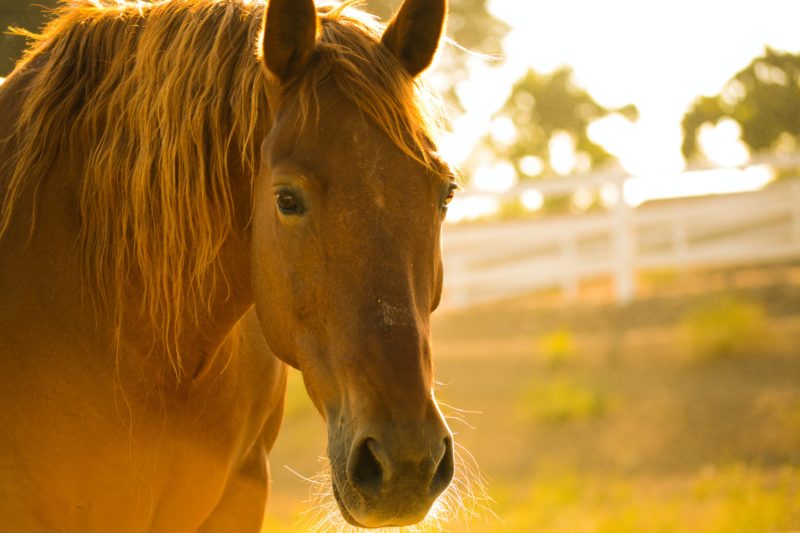
It’s no secret that sitting with a cat on your lap or receiving cuddles from a dog can make you instantly and profoundly happy – at least for the moment. But animals can do so much more than just give and receive love for people in therapy. And it’s not just house pets that deliver tremendous benefits to their human caregivers.
Animal-assisted therapy has been used for centuries in the treatment of a number of illnesses and conditions, from ADHD to alcoholism and substance abuse, according to the paper “Can Animal-assisted Therapy Aid Recovery from Alcohol and Drug Addiction: A Brief Review of the Literature.” Professionals have used equine therapy for addiction in the U.S. since the 1960s.
Equine therapy has been shown to be effective in addiction recovery for some individuals. Caring for a horse can help raise the self-esteem of those in recovery, while bonding with the animal can help people develop skills to rebuild human relationships in their life. Finally, equine therapy can show those in recovery how to build trust – first with the horse, and then with human beings in their lives. Let’s explore some of the benefits of equine therapy for addiction recovery in greater depth.
Caring for a Horse Builds a Sense of Responsibility
Many people in recovery struggle with their self-esteem. They may have lost jobs and relationships due to their addiction. The fact that they needed to reach out for professional help can even be a blow to their independence.
In equine therapy, patients learn to feed, groom, care for and ride a horse. The daily routine can help a person in recovery stay focused on specific goals and replace negative habits or downtime with work that fills an important purpose. The acts required to care for a horse help give individuals a sense of greater responsibility and can improve self-esteem and self-worth.
The Human-Animal Bond Can Set the Stage for Repairing Other Relationships
Many people in recovery have lost the trust of their friends and loved ones. They may have hurt those closest to them through their actions or through their pursuit of drugs and alcohol. Similarly, their need for illicit substances may have put them in contact with people who did not have their best interests at heart. As much as loved ones have lost trust for the person struggling with addiction, the addict, too, may find it difficult to trust others.
Horses are unique animals who do not lie or deceive. They are highly intuitive and reflect the feelings of their caregiver, including returning the love, kindness, respect, and trust you bestow upon them. On the other hand, if you do not trust the horse, the animal can sense that and will respond in kind. Horses are prey animals and establishing trust is a crucial step to avoid the horse from retreating or acting aggressively out of fear.
Equine Therapy Holds Promise for Retention Rates in Recovery Programs
When patients in recovery open their heart to a horse in their care, they are also learning the tools and skills to open their hearts to humans in their life. The exercise, responsibilities, and non-verbal communication that occur in the stables adds a unique element to therapy that studies show has been highly effective in improving retention rates within recovery programs.
One study showed that 44% of patients in an equine therapy program completed their treatment, while only 32% involved in “therapy-as-usual” (TAU) programs completed the program. Likewise, only 22% of equine therapy patients dropped out, compared to 26% of those in TAU groups. Another study revealed that patients involved in horse-assisted therapy (HAT) programs found the horse to be “an important facilitator of a positive self-construct and an emotional support during treatment.”
Equine therapy is just one component of a full-fledged treatment program that first involves detoxification to break the patient’s physical addiction to substances. For many patients, equine therapy resonates as they learn to function without substances.
Beachside Rehab in West Palm Beach, Florida provides inpatient and outpatient detox, rehab, and holistic recovery, which may include equine therapy where appropriate. Call 866-349-1770 to speak with a trained admissions counselor.
